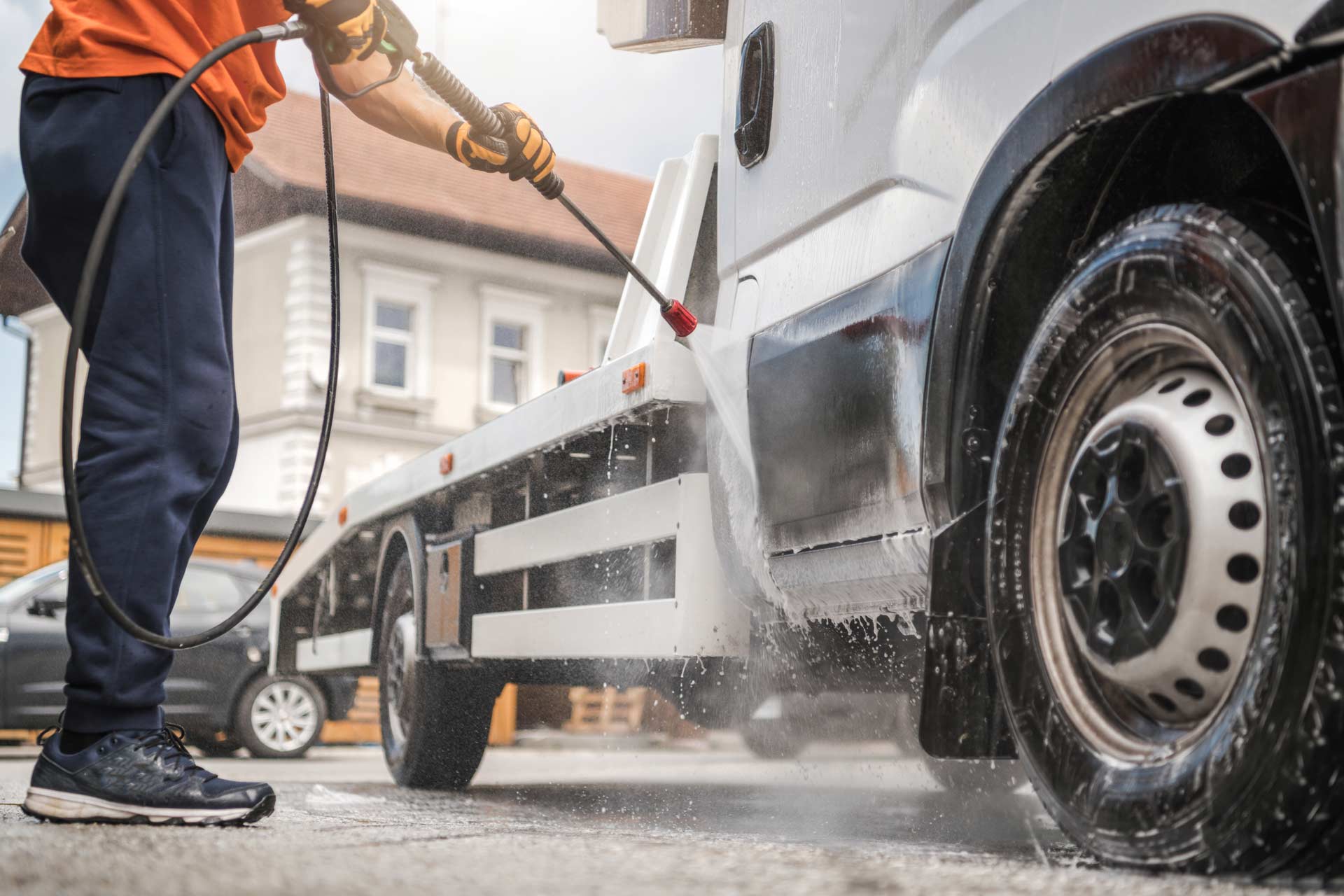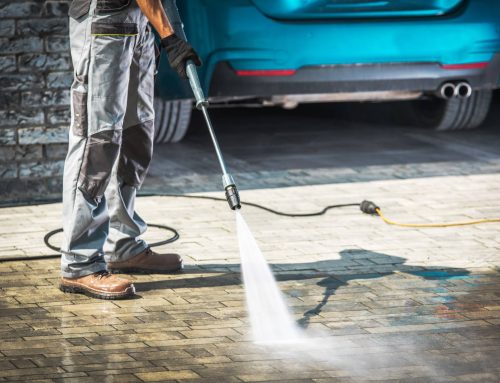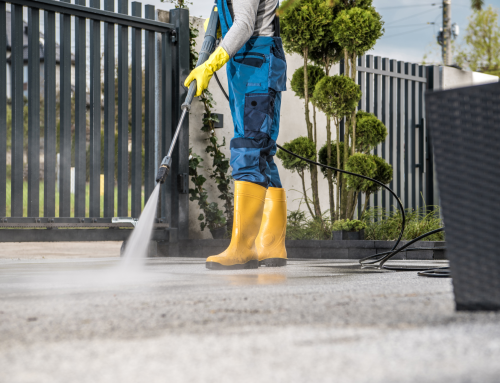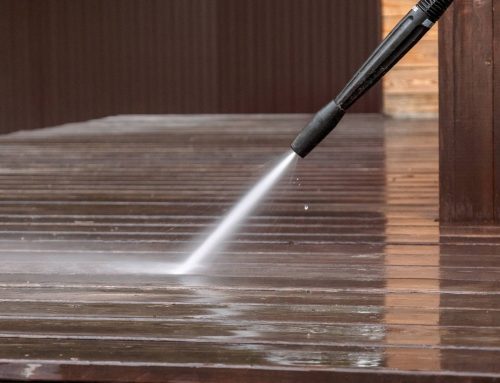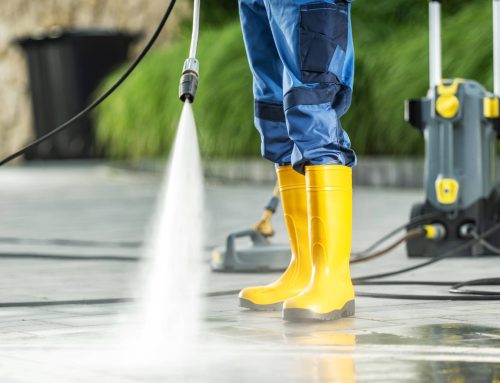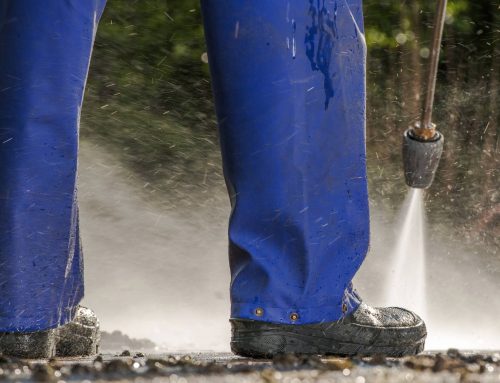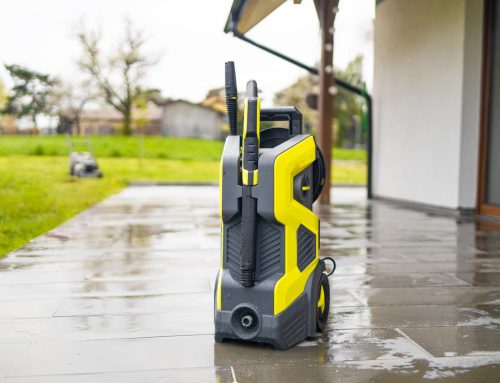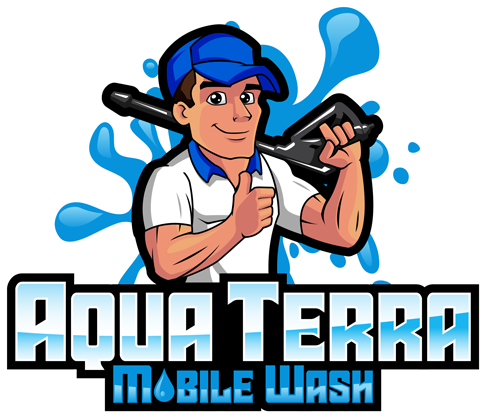It is a significant responsibility to own and operate a fleet. There are a lot of moving components and a lot to keep up with. While fleet owners strive to keep things working smoothly and reliably, one aspect should not be overlooked, and that is fleet washing. It may be tempting to omit this step when operations are hectic and there is little time for maintenance. However, cleaning work vehicles is essential for appropriate maintenance and long-term business performance.
What is fleet washing
Fleet washing is an important but sometimes forgotten aspect of any agricultural or industrial operation. If you have ever been in traffic on the highway by semi trucks, tractor trailers, or combines, you know how big and unattractive large fleet vehicles can become, especially if they are not properly cleaned or cared for. Dirt on your fleet vehicles is not just an eyesore; it is also a safety problem because it can quickly jam up gears or equipment and cause performance difficulties. You should absolutely start including fleet cleaning in your maintenance routines to maintain maximum performance and aesthetics on your fleet.
Fleet washing might vary based on the type of equipment and the function the machine is built for, but the main purpose is simple, to remove dirt and debris from the gears and body of your fleet vehicles. Every fleet cleaning task is unique. The frequency of washing varies depending on the type of machine, its availability to be cleaned, the degree or intensity of cleaning required, and other factors.
Why fleet washing is important
If you own or manage a fleet, you should appreciate the value of having a fleet that functions smoothly and without issues. A vehicle that has been stopped for maintenance or mechanical issues can cost you both time and money. Fleet washing might be one of the best investments that you can put into your business since it ensures that your fleet not only looks appealing but operates to its max potential.
Safety
Many trucks have to deal with the worst of the road. Oils, muck, grease, asphalt, and other substances can accumulate on your trucks. While dirt and filth accumulate, it can give mechanics problems when trying to find a leak or rectify an issue. Furthermore, mud and filth buildup can occasionally be the source of mechanical issues. Professional fleet washing can safely remove these materials, allowing your fleet to function more effectively and without problems. A clean vehicle is an easy vehicle to drive, allowing weeks or months to pass before washing a vehicle can be exceedingly hazardous.
Brand Image
Fleet washing may make your brand appear its best in addition to eliminating technical issues. Your vehicles serve as moving advertisements for your company. A filthy sign or a sloppy vehicle is the worst potential depiction of your brand. Investing in fleet cleaning services may offer a sleek and professional brand image for your current and future prospects, ensuring your best brand presentation.
Save on Time
Outsourcing your fleet cleaning may provide significant benefits in terms of saving on time and expenses. You will not have to worry about investing in the necessary equipment, detergents, specialized soaps, and maintenance required to keep this equipment running. Furthermore, employing a properly qualified and insured business to power wash your fleet will save you time on doing it yourself. A professional who is efficient and knowledgeable will save your company on the opportunity cost of doing it on your own. You can also save a lot of time by not having to drive your fleet back and forth from a truck wash. Wherever you are, fleet washing services generally offer mobile services and can come to you and deliver expert power washing.
How fleet washing is performed
There are three methods by which fleet washing can be done and includes, 1-Step (Touchless), 1-Step + Brushing, and 2-Step (Touchless). Regardless of which method is used you need the necessary supplies. Fleet washing will need a power washer with enough PSI to easily remove dirt and have the ability to pump out hot water.
While in the ground, water picks up soluble pieces of whatever it travels through, which is usually minerals. Calcium and magnesium are the ones to remember because they are responsible for making our water hard. Soaps and detergents can lose efficiency due to hard water, and instead of totally dissolving, you end up with clumps of soap and minerals that require additional soap to be applied. The mixture lingers and adheres to whatever surface you are cleaning, perhaps making the situation worse. A water softener is one method for dealing with hard water. A water softener is a mineral tank filled with tiny beads, sometimes known as resin or zeolite, and due to their positive charge, attract calcium and magnesium. A brine solution is injected, which dissolves the calcium and magnesium bindings on the beads, causing them to enter a regenerative cycle. Backwashing is used to remove filth, followed by transporting the sodium-rich salt solution from the brine to the mineral tank, which is then cleansed of excess brine and refilled.
Another important consideration is the temperature of your water. When utilizing hot water, the 1-Step or 2-Step Touchless processes often produce the greatest results in terms of cleanliness. Since cold water is more difficult to wash with. Hot water is often utilized since it dissolves anything that may be clinging to a vehicle. For 2-Step and 1-Step Touchless washes, it is recommended to keep your burner temperature between 40 and 55 degrees Celsius and anything greater may cause harm to your vehicle’s surface. With the appropriate supplies, equipment, and settings any fleet can be thoroughly washed with the appropriate expertise.
What to look for from a professional fleet washing company
Reputation and Reviews
If you want to discover a reputable professional fleet washing business, always do your homework first. You can check any of the industry-related searches to identify potential issues with a company’s products and/or services. You should also check for as many reviews as you can find online, as well as request testimonials from former customers and permission to contact them directly so you can get the information right from the source.
Inquire about their equipment
As mentioned the equipment used for fleet washing is vital for a proper and thorough wash. If a fleet washing business is to do their work successfully, they must have the necessary equipment. For example, if a fleet washing firm lacks the necessary equipment to power wash your surface, you may wind up causing more harm than good. When it comes to eliminating mold and mildew, which are the most prevalent causes of power washing, hot water is vital. If they do not use the right equipment and setting, you will have to power wash your fleet more frequently because dirt and grime have not been removed properly.
Discuss their size and capabilities
Lastly, you need to determine if this fleet washing company has the appropriate number of equipment and staff to handle your fleet. A well-equipped and fully staffed fleet washing company can ensure that your fleet is cleaned thoroughly and efficiently.
Fleet washing includes a degree of expertise that exceeds just spraying your vehicles with water. It requires the necessary equipment, supplies, and expertise to be done correctly. In addition, properly done fleet washing offers many advantages to any firm that integrates it into their maintenance routine. Taking care of your investment not only protects your vehicles and their drivers but also portrays a positive brand image to anybody that passes by one of your vehicles.

